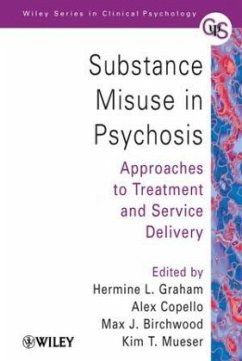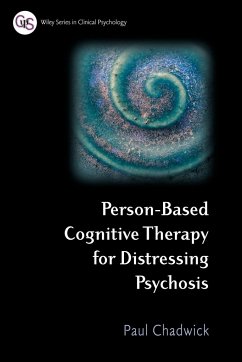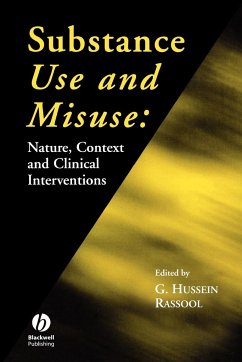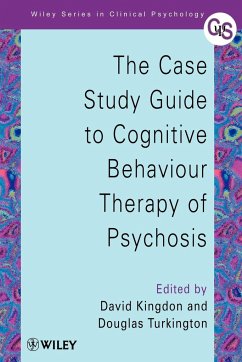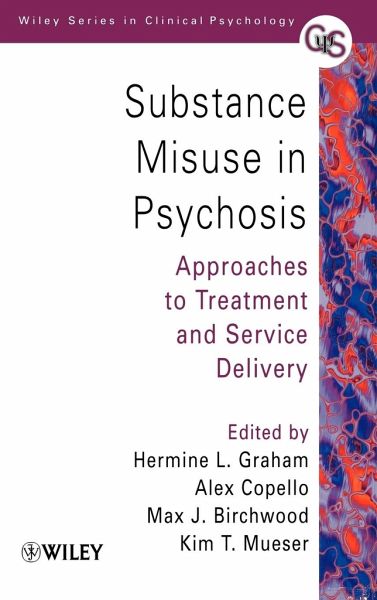
Substance Misuse in Psychosis
Approaches to Treatment and Service Delivery
Ed. by Hermine Graham, Kim Mueser, Max Birchwood et al.

PAYBACK Punkte
115 °P sammeln!
The prevalence of substance abuse in the severely mentally ill is higher than that in the general population, making this a serious issue for clinicians. Integrated treatment, although the most widely adopted approach, is subject to tremendous variation in its operationalisation, especially throughout different parts of the world.Substance Misuse in Psychosis presents the latest international developments and practical treatment interventions that can be used with co-morbid individuals and their families. Different social and cultural contexts are described and contrasted, along with treatment...
The prevalence of substance abuse in the severely mentally ill is higher than that in the general population, making this a serious issue for clinicians. Integrated treatment, although the most widely adopted approach, is subject to tremendous variation in its operationalisation, especially throughout different parts of the world.
Substance Misuse in Psychosis presents the latest international developments and practical treatment interventions that can be used with co-morbid individuals and their families. Different social and cultural contexts are described and contrasted, along with treatment approaches that have been tailored to address the needs of the severely mentally ill. A final section considers sub-groups, e.g. the young, the homeless, outlining the special issues that need to be considered when providing services for these groups.
Substance Misuse in Psychosis presents the latest international developments and practical treatment interventions that can be used with co-morbid individuals and their families. Different social and cultural contexts are described and contrasted, along with treatment approaches that have been tailored to address the needs of the severely mentally ill. A final section considers sub-groups, e.g. the young, the homeless, outlining the special issues that need to be considered when providing services for these groups.




